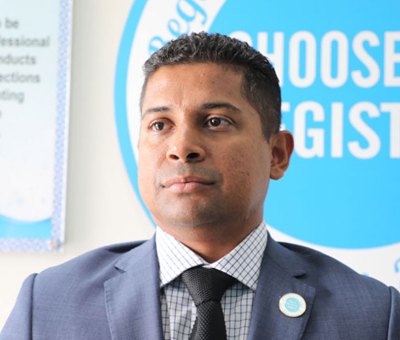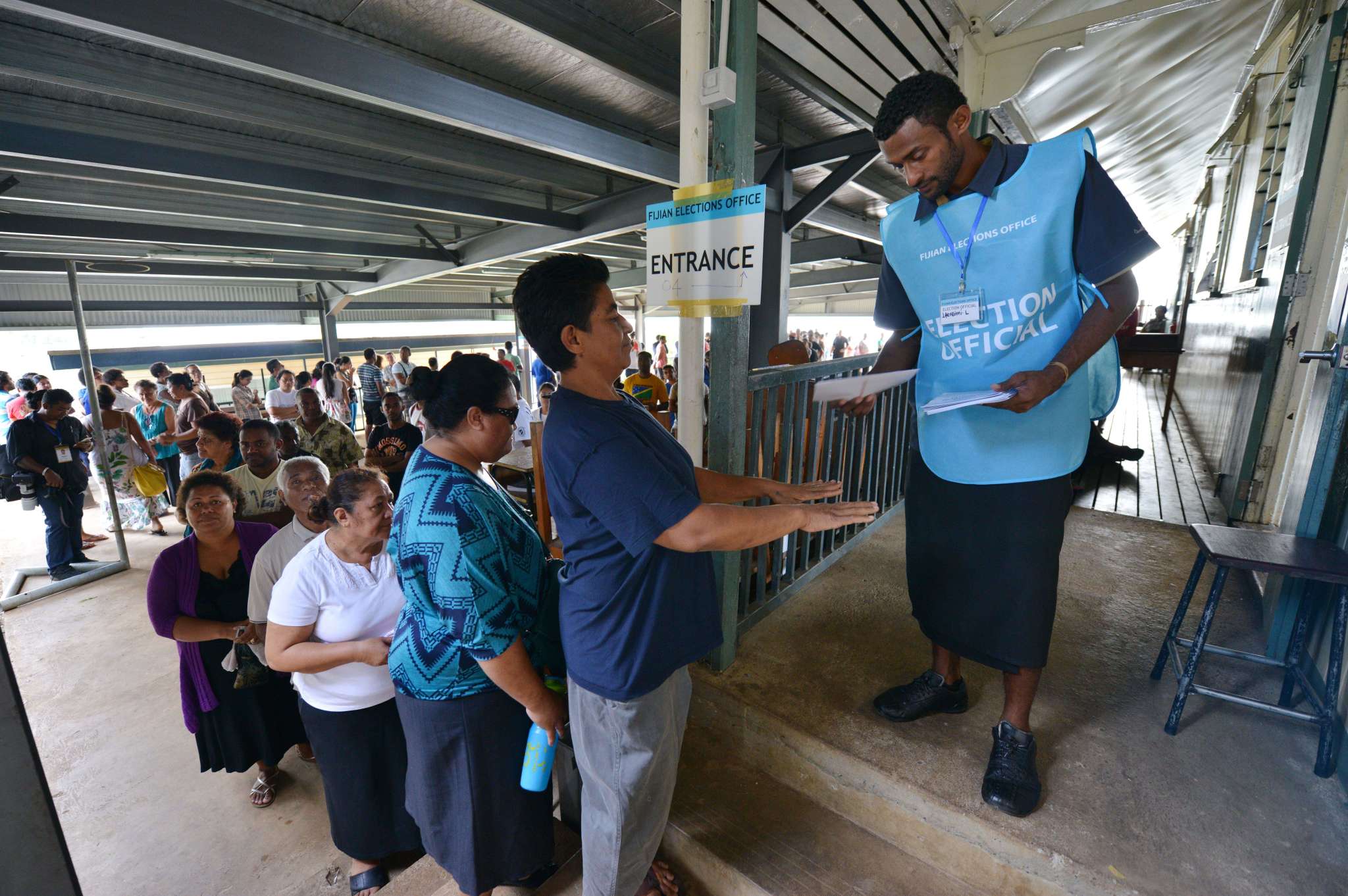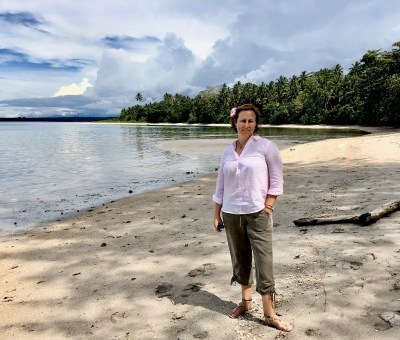
Fiji Elections 2022: Do Women and Marginalized Com…
Fiji heads to the polls on December 14, 2022, on the heels of a sudden change to voter registration procedures…
Though the Republic of Fiji has become a regional leader, from the mid-80s to the early 2000s the country was plagued by political coups. IRI is working to eliminate barriers to full democratic participation resulting from that period by supporting emerging champions of democracy. These include rising women leaders, civil society organizations and those who are working to combat misinformation, disinformation, and hate speech in Fiji.

Despite men and women having guaranteed equal voting rights, the Pacific Islands have among the lowest levels of female representation in government in the world. A combination of antiquated laws, cultural norms and geographic challenges often prevent women from contesting national elections and seeing success at the polls. For those that are successful, women oftentimes are assigned subordinate roles or placed in positions with little ability to effect change in their country.
In Fiji, only 10 of the 51 members of parliament are women. IRI is working to change this because IRI believes that women’s full participation is critical to a robust democracy, but for women to see real progress across the Pacific Islands, they must have the ability to support and empower one another. IRI works to facilitate this through its Pacific Islands Leadership Training Schools (LTS) by providing skills training in leadership, advocacy, public speaking, campaigning and teamwork. Graduates become part of IRI’s Pacific Islands LTS alumnae network and connect with rising women leaders across 11 other Pacific Island nations.
In addition, IRI provides Empowered Women Empower Women subawards available only to LTS alumnae. Through these awards, IRI’s alumnae in Fiji have empowered women adversely affected by border closings resulting from the global pandemic and subsequent collapse of tourism, Fiji’s largest industry. Stress from the collapse has driven increased gender-based violence against women and children, and women have disproportionately borne pandemic-related losses of livelihood. By partnering with Women in Business — Fiji, IRI and LTS alumnae have developed entrepreneurial skills, improved financial literacy, and imparted leadership on young women in the community. For many, these are the first training opportunities of their kind. Furthermore, by taking on ownership of these activities, Fiji’s alumnae build on the important leadership skills they developed through the LTS.
Unfortunately, Fiji has been unable to keep both COVID-19 and the rampant misinformation, disinformation, and hate speech related to it from its shores. High internet penetration rates and social media usage provide a vehicle for sharing conspiracy theories and falsehoods about viral transmission and vaccine efficacy. Furthermore, Fijians in areas where official COVID-19 information is not widely available have been more susceptible to misinformation, which has led to increased conflict among ethnic groups and hampered government vaccination efforts. IRI is working with the Fiji Council of Social Services to locate local civil society organizations and provide financial support for community efforts to improve information integrity and stymie conflicts among those who have tested positive for or been exposed to COVID-19.
Fiji’s last two coups d’état in 2000 and 2006 were a result of ethnic conflicts that grew from its coup for independence from the United Kingdom in 1987. While the country has lived relatively peacefully over 15 years, without recognizing the vital role of women and all marginalized groups in the political process, Fiji’s future cannot be assured. Distrust between various sectors of government and the military, and among members of society, can too easily be manipulated through widespread misinformation, disinformation and hate speech. IRI is committed to supporting emerging democratically-minded leaders in Fiji to ensure a lasting, coup-less peace into the 21st century.

Fiji heads to the polls on December 14, 2022, on the heels of a sudden change to voter registration procedures…

At the International Republican Institute (IRI), we are proud of the democratic advancements made through our programs, partnerships and networks…

